The Best of the Best: 2016 Year in Review
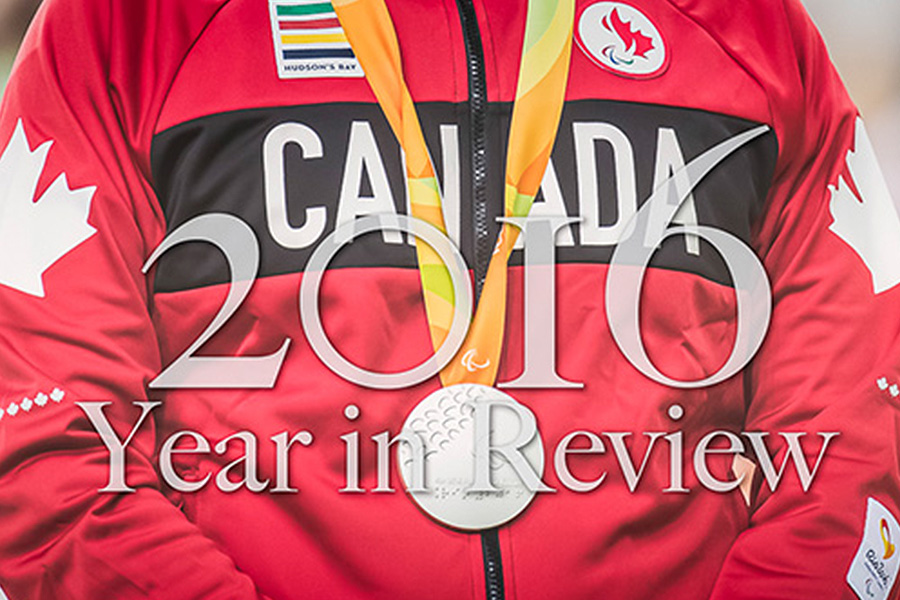
2016 was a memorable year in the world of sport. The 2016 Olympic and Paralympic Games were the major highlight and there were exciting performances in winter sport too – keeping us hungry for more leading into the next Olympic and Paralympic Winter Games in 2018. Although there were many great stories to choose from, […]
Things Are Brewing in the Half Pipe
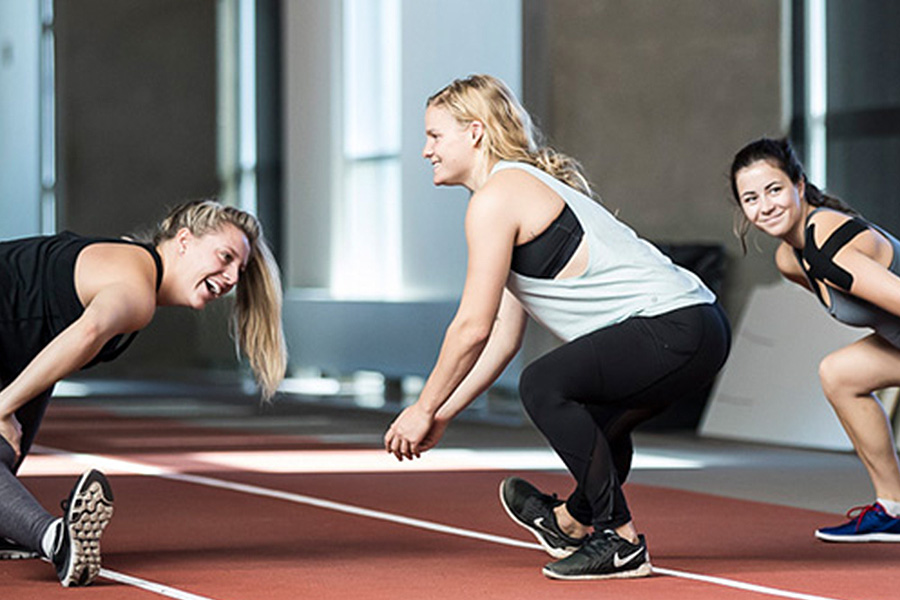
(left to right: Rachael Anderson, Emma Stevens, Rachael Karker) “The Olympics are the ultimate dream.” So says young Canadian Slopestyle skier Max Moffat. The NextGen team member moved west to Calgary from Caledon, Ontario two years ago to train at what he says is the best halfpipe facility in Canada, located at WinSport. Given that […]
Sometimes It Is About The Coach
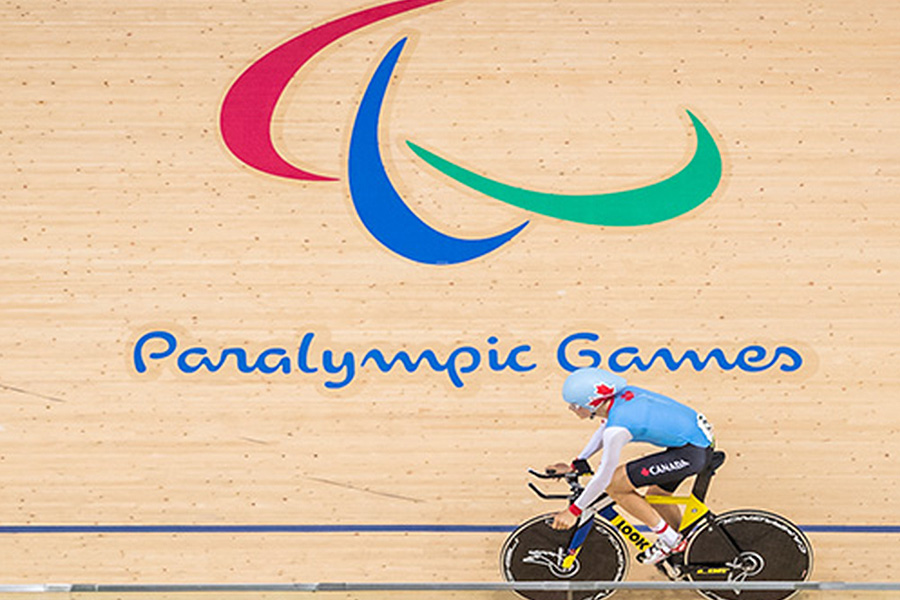
Some of the best advice Phil Abbott, CSI Calgary cycling coach, ever got was, “don’t ever be in the photo with the athletes!” He took these words to heart, guiding his philosophy of creating an athlete-centric training environment that ensures he is not the center of attention when his athletes succeed. “It’s about the athlete, […]
We’re All In This Together
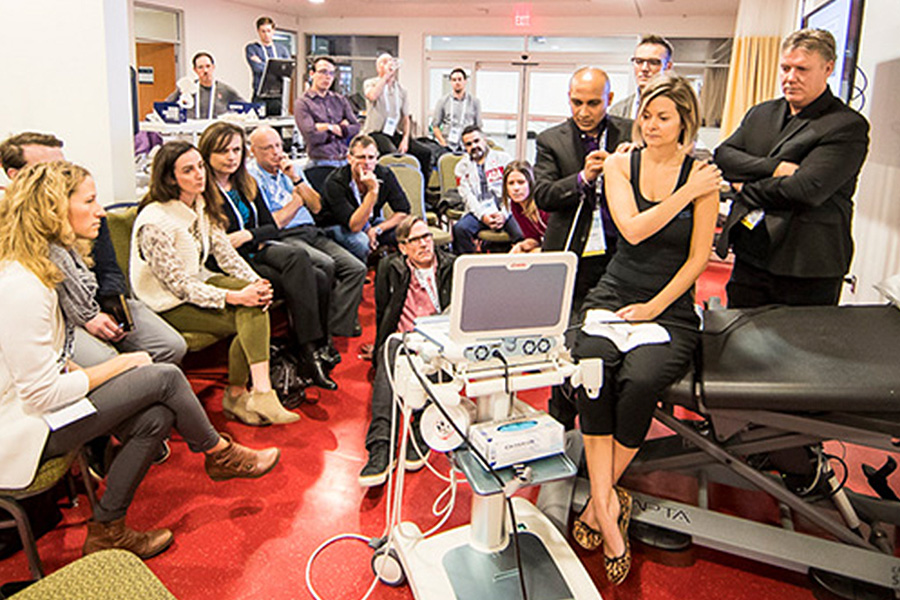
Gluten-free, detox and cleansing diets, K-tape, cupping, homeopathic vaccines, cryotherapy, IV therapy – sound familiar? These are but a few of the plethora of popular, yet completely baseless, health and sport trends that currently pervade popular culture. So says scientist, author, speaker and debunker of pseudoscientific health claims, Dr. Timothy Caulfield. As keynote speaker at […]
This Means Everything
Juggling full-time school, training, and working a part-time job at a local coffee shop is a lot to manage for a young athlete. Slalom kayaker Ryley Penner is doing just that – which is why he’s thrilled about recently getting a little boost to help him on his way. The U23 national team member and […]
Breakthrough
For some athletes, moving beyond sport can be completing their education and finding a job. For others, the transition may evolve into a full-blown apocalyptic, existential crisis. Leaving competitive sport behind is a tough pill to swallow. During the weeks and months following an Olympic Games, many athletes fall into a post-Olympic malaise characterized by […]
Limitless
Scratch lightly at the surface of female sport participation in Canada and you will find grim and disheartening statistics. Despite the benefits, which are widely reported, most young girls and women simply don’t take part in sport or exercise. It simply isn’t right. That’s precisely what Chandra Crawford, a CSI Calgary alumni and 2006 Olympic […]
To Sleep, Perchance to Win

Lying awake, staring at the clock, heart pounding, tossing, turning and worrying about not sleeping… Oh, the despair! A fitful sleep the night before a big race is disconcerting for any athlete. While this experience can be unsettling, what is more critically important when it comes to sleep is quality and duration over the long […]
Better Together
Scattered about the country, Canada’s best up and coming ski cross athletes have historically been going it alone. The skiers have been isolated from one another, training solo and paying out of pocket for access to specialized programs and facilities. It’s hard and expensive to follow a solitary path, and not overly conducive to fostering […]
We Are Ahead by a Century
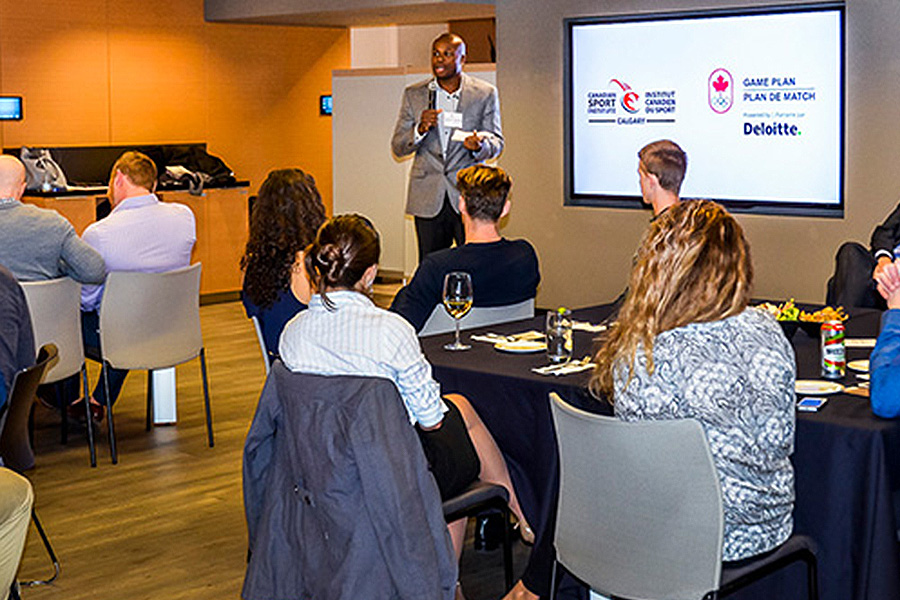
“The clock is ticking but there is no time for regrets.” These lyrics, from ‘Heroes Tonight’ by Janji, float softly alongside video highlights from the 2016 Paralympics, as current and alumni CSI Calgary athletes look on. The CBC montage prompts goosebumps throughout the audience, and maybe a little fear – or is that inspiration? The […]
